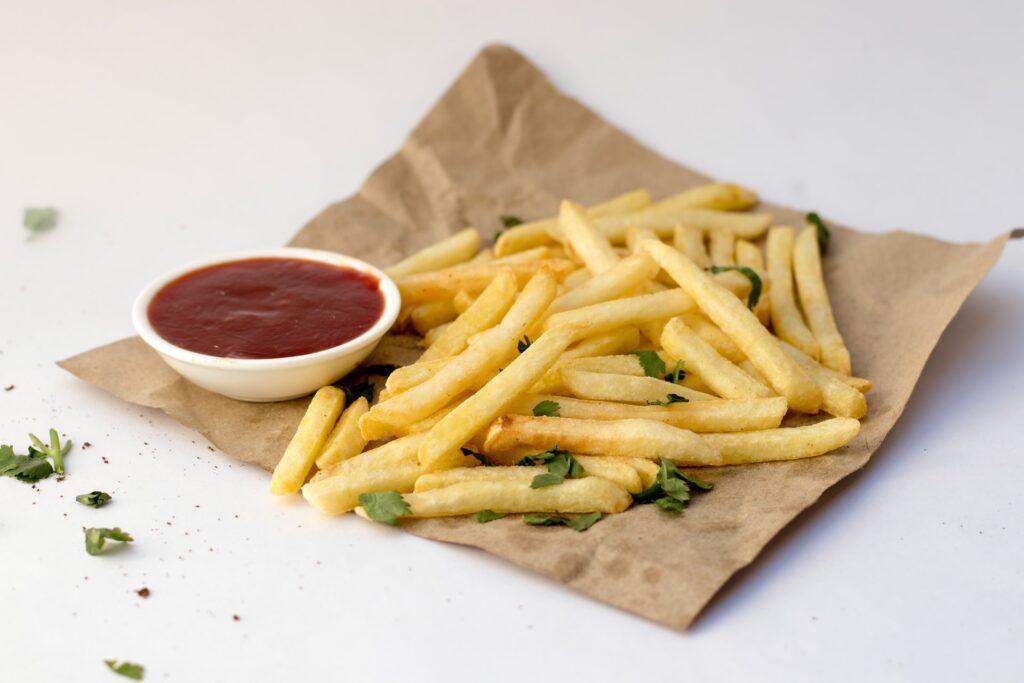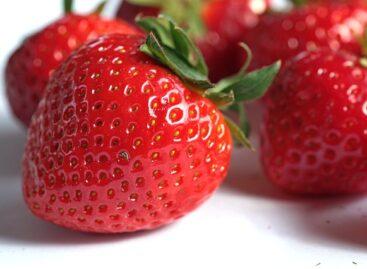Germany proposes junk-food advertising restrictions
Adverts aimed at under 14s for food and drinks containing “too much” sugar, salt or fat should be banned, ministers say.

Lawmakers in Germany have proposed tightening regulations on junk-food advertising “to protect children’s health”.
Adverts aimed at under 14s for food and drinks containing “too much” sugar, salt or fat should be banned, the Federal Ministry of Food and Agriculture (BMEL) said.
Suggestions include banning junk-food adverts between 6am and 11pm across social media, outdoor and television marketing.
Food and Agriculture Minister Cem Özdemir said the proposals have the backing of a “broad social alliance” which “emphatically demands comprehensive regulation”.
However, the German Food Association said it “sharply rejects” the government’s claims food companies are profiteering from “ruining children’s health”.
It criticised the definition of what would be banned, claiming it was unclear and could encompass 70% of food product adverts. It also argued there are “no reliable scientific studies on the effectiveness of advertising restrictions on overall nutrition and the development of childhood obesity”.
In 2021, Germany tightened guidelines on food advertising aimed at children, raising the target age of “protection” from 12 to 14. German states were responsible for implementing these rules. Ministers have since called for even stricter rules on several occasions.
In a press conference yesterday, Özdemir said voluntary commitments by the advertising industry have not made a significant enough impact.
The BMEL estimates children in Germany who use the media see 15 junk-food commercials a day on average.
The proposed ban would include adverts featuring children actors and packaging targeted towards children. It limits the placement of adverts within 100 metres of schools, on social media or on television adjacent to children’s or family programmes.
The types of food considered too unhealthy would be defined using the World Health Organisation’s nutrient profile model, which classifies processed and ultra-processed food and drinks.
Related news
German retail sales growth slowed more than expected in May
Retail sales in Germany slowed more than analysts had expected…
Read more >The price of strawberries has doubled in ten years
While in 2015, a kilogram of domestically grown strawberries in…
Read more >German consumers Rarely Shop via Social Media
German consumers remain skeptical about shopping through social media, according…
Read more >Related news
Nestlé cuts jobs at Czech factory amid falling demand for plant-based meat
Nestlé is to cut 80 jobs from its Krupka plant…
Read more >Sainsbury’s To Launch Unified Retail Media Platform, Nectar360 Pollen
UK retailer Sainsbury’s has announced plans to launch Nectar360 Pollen,…
Read more >What makes us add the product to the cart – research
The latest joint research by PwC and Publicis Groupe Hungary…
Read more >






